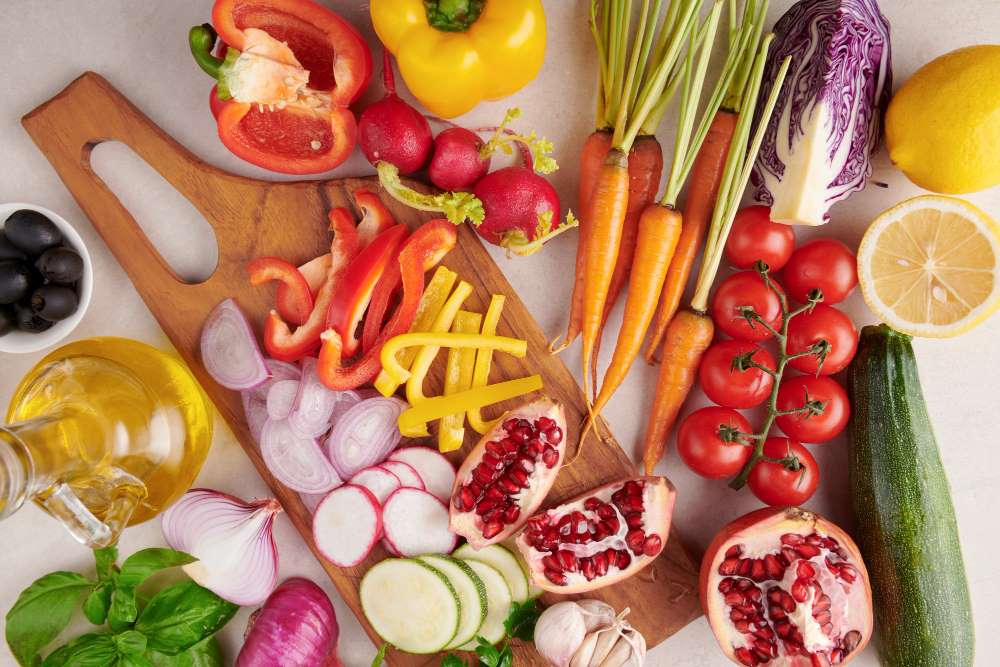Let’s start with a definition.
Whole foods and minimally processed foods…
- Are close to their natural state.
- Do not contain added sugar, fats, flavorings, and artificial ingredients.
- Include all food groups: fruits and veggies, nuts and seeds, whole grains, dairy, and meats, poultry, and fish.
Whole foods don’t have to be fresh or organic. Dried, canned, frozen, smoked, or pickled items can all be in the whole or minimally processed camp.
You want to eat food that hasn’t had nutrients removed or chemicals added: i.e., whole food that is prepared in a healthy way.

Whole Foods… Prepared In a Healthy Way
Any healthy food can be made unhealthy depending on how it’s prepared.
Many of the grocery items you buy—sauces, dressings, dips, toppings, and flavorings—can dramatically reduce the quality of your whole food meal.
Adding your own ingredients, like spices, acid in the form of vinegar or citrus, or products that are minimally processed is great.
Even adding your own sugar, fat, or salt is okay as long as you have an even hand.
Just don’t trust the food industry to do it for you.
